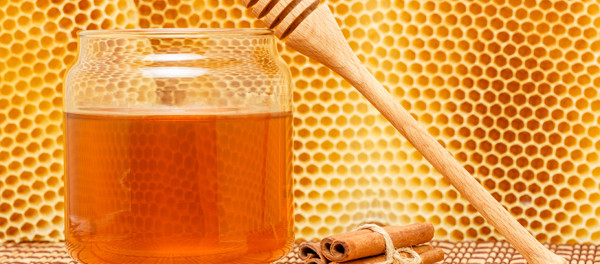Cold Misery: Which Remedies Work, Which Are a Waste of Your Time

Sniffling, sneezing, congestion and coughing — it can be hard to fight off the germs. Before you try your favorite home remedy, here’s what works and what may be a waste of time and money.
Honey
It works! Tea with honey or warm lemon water mixed with honey is actually useful in alleviating coughing in children and can help relieve a sore throat in adults.
In one study, children age 2 and older with upper respiratory tract infections were given up to 2 teaspoons (10 milliliters) of honey at bedtime, according to the Mayo Clinic. With the honey, night coughing was reduced and sleep was easier.
In fact, in the study, honey appeared to be as effective as a common cough suppressant ingredient, dextromethorphan, in typical over-the-counter doses.
The type of honey used in the studies was buckwheat, a darker, stronger-tasting variety, but any type should soothe and coat a scratchy throat. Give a spoonful to your child before bed and as needed.
However, due to the risk of infant botulism, a rare but serious form of food poisoning, never give honey to a child younger than age 1.
And remember: Coughing helps clear out mucus so if you or your child is otherwise healthy, you don’t need to suppress the cough.
Vitamin C
It doesn’t seem to work. Although a few studies suggest vitamin C might shorten the duration of a cold, others find no benefit, and no major studies show that vitamin C eases influenza. Vitamin C doesn’t show protection against catching a cold, either.
Research indicates that taking a vitamin C supplement may help treat a cold only if your body has a deficiency in the vitamin. For example, people who live in cold climates may have low levels of the vitamin so a supplement may offer some protection. But you’d get the same benefit from regular, vigorous exercise.
Vitamin C is generally considered safe; however, high doses can cause digestive problems such as diarrhea and nausea.











Leave a comment
You must be logged in to post a comment.